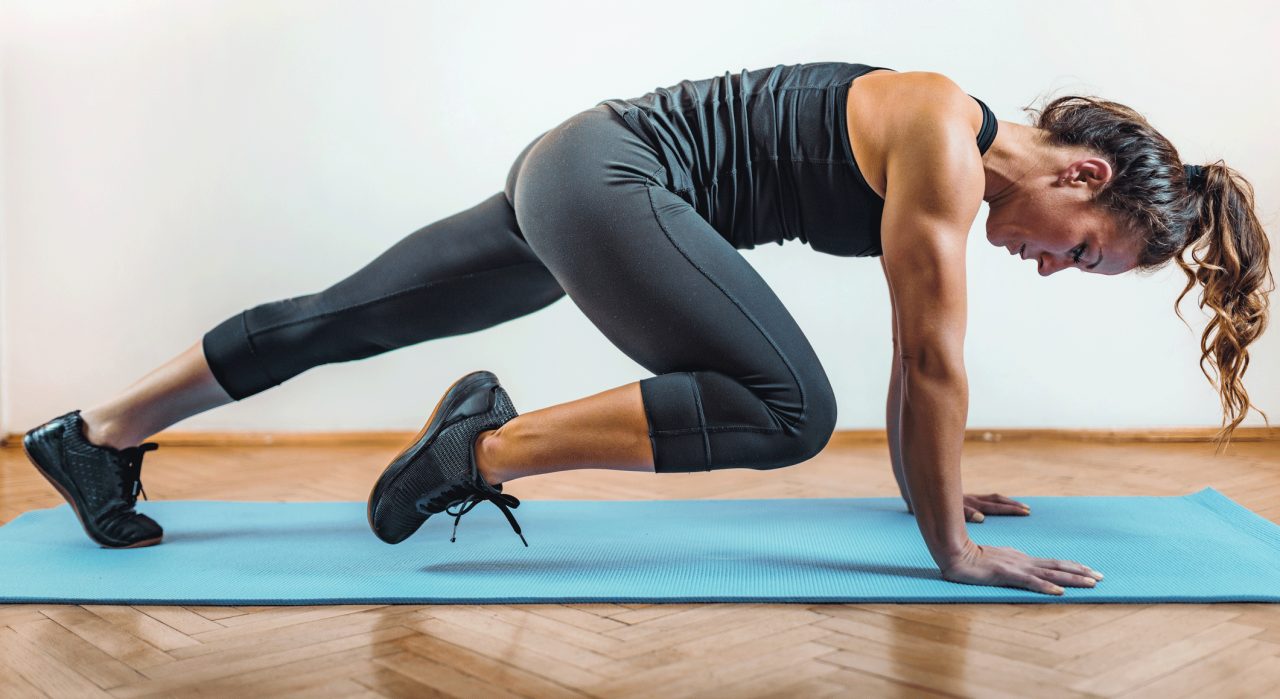Exercise That Boosts Memory

Exercise has health benefits for mind and body. Researchers have found a specific type of exercise boosts memory in seniors — and it might prevent dementia
As you get older, it’s not unusual to worry about your memory if you can’t find your car keys or you forget an appointment. But occasional memory glitches are normal and don’t necessarily mean Alzheimer’s disease is around the corner. In fact, even young people, forget things now and then.
Memory problems and dementia are obviously more common in seniors. Participating in a specific kind of exercise regularly, it turns out, may be key to preserving your memory. After all, regular exercise is associated with numerous health benefits, including reducing the risk for cardiovascular disease, obesity, and diabetes.
Not all workouts may have the perk of better thinking abilities, according to McMasters University researchers. But they’ve found one specific form of exercise boosts memory in older adults, and it may keep dementia at bay.
YOU MIGHT ALSO LIKE: Our Exercise section
Documenting exercise that boosts memory
The McMasters investigators recruited dozens of healthy but sedentary adults between the ages of 60 and 88 to participate in a variety of monitored physical workouts three times a week for about three months. But not all of the volunteers did the same type of exercise.
Some engaged in low-impact stretching only. Another group participated in moderate-intensity continuous training, which involved one set of moderately intense aerobic exercise for about 50 minutes. A third group of the volunteers worked out with high-intensity interval training (HIIT), which included four sets of heart pumping fast-paced exercise for four minutes on a treadmill, followed by a slowed down recovery period.
To document any exercise-linked improvements in memory, the research team turned to a high-tech test that documents the function of new brain cells (neurons) the exercise generated. Compared to established, mature neurons, the new brain cells were more active and, the researchers explained, ideal for forming new connections and memories.
As they reported in their study, published in the journal Applied Physiology, Nutrition and Metabolism, the McMasters investigators also found that improved fitness levels were directly linked to improvement in memory performance, but only for the group of volunteers who worked out with the HIIT training.
The researchers concluded that only one exercise boosts memory significantly — the high-intensity exercise. The seniors who exercised using short bursts of activity saw an improvement of up to 30 percent on memory performance tests, while those who worked out moderately saw no improvement.
Intense workouts may prevent dementia
Alzheimer’s disease and other forms of dementia affect more than six million Americans, the Alzheimer’s Association points out.
Although dementia is more common as people grow older (up to half of all people age 85 or older may have some form of dementia), it’s important to recognize the problem is not a normal part of aging, according to the National Institute of Neurological Disorders and Stroke.
While scientists are working to discover ways to treat and reverse dementia one day, you can take steps now to help preserve your thinking abilities. The National Institute on Aging, for example, points out that taking care of your physical health with a healthy lifestyle — including a nutritious diet, keeping weight under control, avoiding excess alcohol, and exercising — can help your cognitive health.
And when it comes to exercise that improves memory, working up a sweat and getting your heart pumping regularly may be your best plan, possibly lowering your odds of developing dementia, according to the McMaster researchers.
“There is urgent need for interventions that reduce dementia risk in healthy older adults. Only recently have we begun to appreciate the role that lifestyle plays, and the greatest modifying risk factor of all is physical activity,” says Jennifer Heisz, PhD, an associate professor in the Department of Kinesiology at McMaster University and lead author of the study.
“This work will help to inform the public on exercise prescriptions for brain health, so they know exactly what types of exercises boost memory and keep dementia at bay,” she notes.
Always talk to your doctor before starting a new exercise program, especially one involving intense exercise. If you are an older adult, ask your doctor to recommend a health center or trainer who can safely start you on a workout that’s right for you.
Updated:
July 19, 2023
Reviewed By:
Janet O’Dell